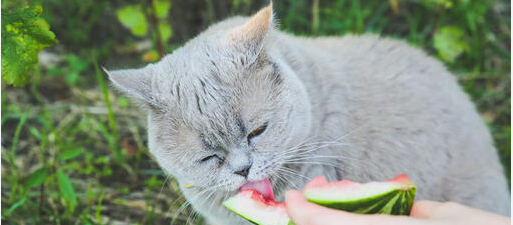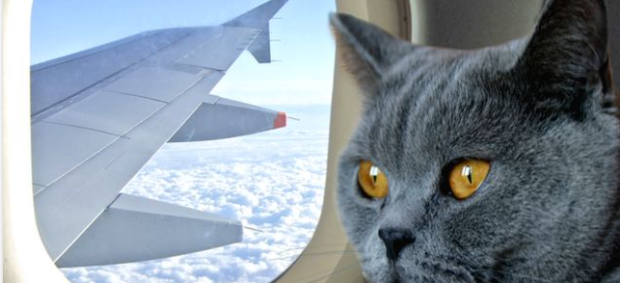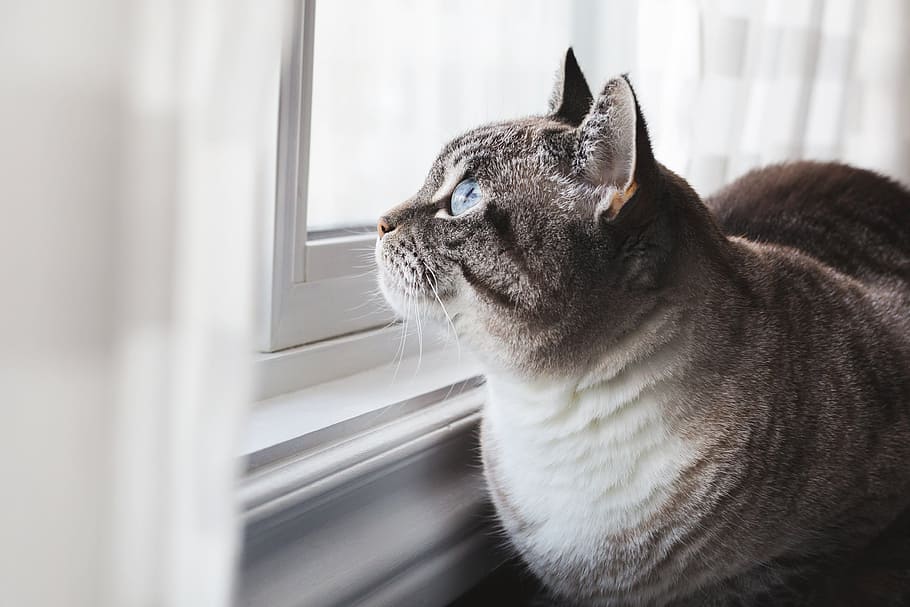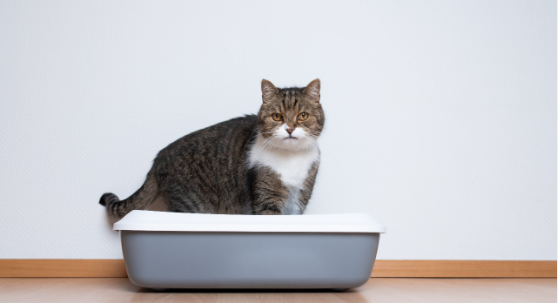What human foods can cats eat?
Can I Share My Food with My Feline Friend?
Cats are notorious for being picky eaters, but there’s no denying that they love to beg for human food. While it’s easy to give in to those adorable little faces, it’s important to know what human foods cats can eat without causing them harm. As obligate carnivores, cats require a diet that is high in animal protein, but that doesn’t mean they can’t enjoy some healthy and tasty human foods in moderation.
It’s crucial for cat owners to understand which foods are safe and nutritious for their feline friends. Not only can sharing your food with your cat create a stronger bond between the two of you, but it can also provide additional nutrients and variety to their diet.
However, feeding your cat improperly foods can cause serious health problems or even be fatal. That’s why it’s essential to know which ingredients are safe and beneficial for your cat before you start feeding them table scraps or leftovers from dinner.
Exploring Human Foods Your Cat Can Eat
While cats are obligate carnivores who require a diet high in animal protein, there are some healthy human foods that can add variety and nutrition to their meals when given in moderation. Meat is an obvious choice – cooked chicken, turkey, beef or pork can all be excellent sources of lean protein for your feline friend if fed without bones and skin.
If you’re looking for vegetarian options to include in your cat’s diet then vegetables like carrots, green beans or peas (cooked) will be a good choice as well as fruits like bananas or blueberries (in moderation). Plus some dairy products such as plain yogurt may also bring health benefits due to the probiotics they contain – just ensure that these products do not contain sugar substitutes such as xylitol which is toxic for cats.
Feeding your cat properly doesn’t mean you have to stick to boring kibble all the time – instead, learn which human foods can be safely incorporated into their diet while still meeting their nutritional needs. The next sections of this article will delve deeper into which foods are safe and which should be avoided or given in moderation.
Human Foods That Are Safe for Cats to Eat
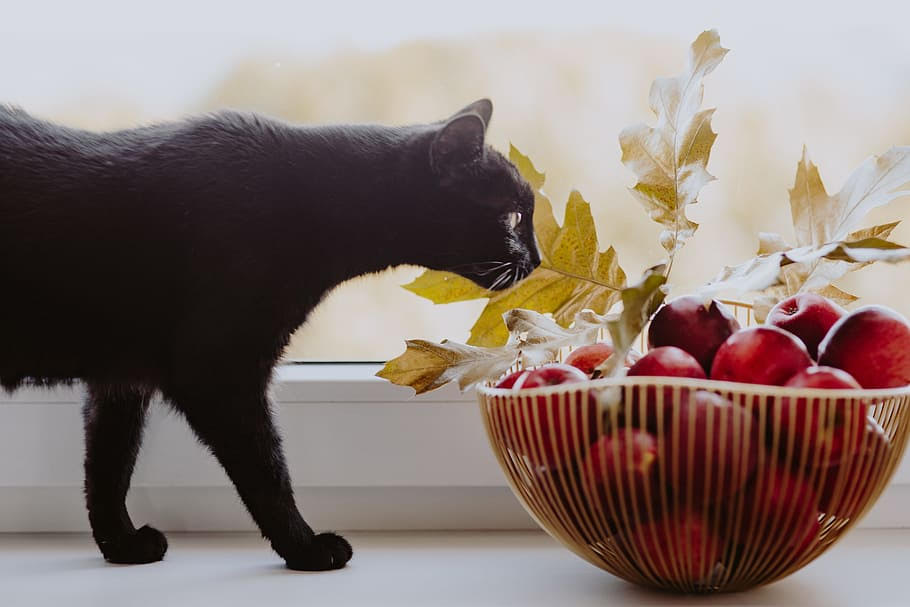
Meat: chicken, turkey, beef, pork
Cats are obligate carnivores, which means that they require a diet that primarily consists of meat. But what types of meat can cats safely eat? Chicken and turkey are both great options because they are lean meats that contain high-quality protein.
Beef and pork can also be included in your cat’s diet as long as they are cooked thoroughly and not seasoned with any spices or sauces. When feeding your cat meat, it’s important to remove any bones first.
Bones can splinter and cause serious harm to your cat’s digestive system. Additionally, make sure the meat is cooked all the way through to avoid any potential bacterial contamination.
Fish: salmon, tuna (in moderation)
Fish is another great source of protein for cats. However, not all types of fish are safe for them to eat. Salmon and tuna are both safe options in moderation because they contain essential fatty acids that are good for your cat’s skin and coat.
It’s important to note that some fish contain high levels of mercury or other toxins that can be harmful to cats in large amounts. For this reason, it’s best to limit the amount of fish you feed your cat and opt for cooked rather than raw fish.
Vegetables: carrots, green beans, peas (cooked)
While cats may be obligate carnivores, adding some vegetables into their diet can provide them with additional nutrients such as fiber and vitamins. Carrots are a great option because they contain beta-carotene which is good for eye health.
Green beans provide fiber while peas offer a good source of Vitamin C. It’s important to note that vegetables should always be cooked before being fed to cats as raw veggies can be difficult for them to digest.
Fruits: bananas, blueberries (in moderation)
Fruits can also be added to a cat’s diet in moderation. Bananas and blueberries are two safe options that contain essential vitamins and nutrients.
Bananas are high in potassium which can help regulate blood pressure while blueberries are packed with antioxidants. Remember that fruit should always be given in moderation as they can contain natural sugars which can lead to weight gain if consumed excessively.
Dairy: plain yogurt (in moderation)
Cats may love milk, but it’s important to note that most cats are lactose intolerant. While dairy products should generally be avoided, plain yogurt can actually be beneficial for cats as it contains probiotics that promote healthy gut bacteria.
Just like with other human foods, only feed your cat plain yogurt in moderation. Too much dairy can lead to digestive issues such as diarrhea or vomiting.
Human Foods That Should Be Avoided or Given in Extreme Moderation
Onions and Garlic: Danger in Disguise
While onions and garlic are common ingredients in many human meals, they are extremely toxic to cats. They contain compounds that can damage a cat’s red blood cells, leading to anemia. Even small amounts of onions and garlic can cause a problem, so it’s best to avoid them altogether.
If your cat eats something that contains onions or garlic, watch for signs of lethargy, pale gums, and dark urine. Contact your vet immediately if you notice any of these symptoms.
Chocolate and Caffeine: A Treat They Can’t Handle
Most people know that chocolate is harmful to dogs, but it can also be dangerous for cats. Chocolate contains caffeine and theobromine, which can cause vomiting, diarrhea, hyperactivity, tremors, seizures, and even death in severe cases.
Dark chocolate is particularly toxic because it contains higher levels of these substances than milk chocolate does. Caffeine is another substance that should be avoided when it comes to feeding cats.
It can cause similar symptoms as chocolate toxicity if ingested in large enough amounts. Keep all chocolates and caffeinated items safely out of reach from your feline friend.
Grapes and Raisins: Unpredictable Toxicity
Grapes and raisins are also toxic to cats although the reason for this isn’t known yet which makes the issue even more unpredictable. Some cats may experience no symptoms after eating grapes or raisins while others may suffer from vomiting or kidney failure due to eating just one grape or raisin with no apparent pattern as to why some get sick while others don’t It’s best not to give grapes or raisins at all – purposefully- adding them into your pet’s diet.
Avocado: Danger Lurking in a Nutritious Fruit
Avocado is a fruit that is high in healthy fats and vitamins, but it can harm your cat if they eat it. The fleshy part of the fruit contains persin, which can cause vomiting and diarrhea in cats.
The seed and skin of the avocado can also be choking hazards for pets. Keep your avocados to yourself!
Alcohol: A Big “No-No”
It should be obvious that alcohol is toxic to cats. Even small amounts of alcohol can cause vomiting, diarrhea, coordination problems, breathing difficulties, seizures, and even death. If you accidentally give your cat alcohol or you suspect that your cat has ingested some alcohol from food left out on counters or tables- call your veterinarian right away as there may not be much time to act before irreversible damage occurs.
Remember, while some human foods are safe for cats to eat in moderation, others can cause serious health problems or even death if consumed in large quantities. To keep your furry friend healthy and happy – stick with their regular diet or consult with a veterinary nutritionist before making any changes to their diet plan.
Tips for Feeding Your Cat Human Foods Safely
Feeding your cat human food can be a fun way to give them a special treat or supplement their diet. However, it’s important to do so safely and with caution. Here are some tips to ensure that you’re feeding your feline friend the right way:
Always consult with your veterinarian before adding any new foods to your cat’s diet
Your vet knows best when it comes to what types of food are appropriate for your cat’s unique needs. Before introducing any new human food into their diet, make sure you check with your veterinarian first. They will be able to advise you on which foods are safe and which ones should be avoided, based on factors such as your cat’s health history and any pre-existing conditions they may have.
For example, while plain yogurt is generally considered safe in moderation, cats that are lactose intolerant or have sensitive stomachs may not tolerate it well. On the other hand, certain fruits like grapes and raisins can be toxic to some cats and should be avoided altogether.
Introduce new foods gradually
Cats have sensitive digestive systems and sudden dietary changes can lead to upset stomachs or even more serious health issues. When adding human food into their diet for the first time, start with small amounts and gradually increase over time if they seem to tolerate it well. If you notice any signs of discomfort such as vomiting or diarrhea after introducing a new food item, stop feeding it immediately and consult with your vet.
Avoid feeding your cat table scraps or leftovers that contain spices or seasoning
While many human foods can be safe for cats in moderation, table scraps, and leftovers often contain spices or seasoning that can upset their delicate digestive systems. For example, garlic and onions can be toxic to cats and should never be fed to them.
Additionally, many processed foods contain high amounts of salt and preservatives that can be harmful to cats. Stick to fresh, unseasoned meats and vegetables when feeding your cat human food.
By following these tips, you can safely introduce human food into your cat’s diet as a supplement or treat. Remember, moderation is key and always consult with your vet before making any changes to their diet.
Conclusion: Can Cats Eat Human Foods?
While cats are obligate carnivores, there are some human foods that can be added to their diet in moderation. Meat such as chicken, turkey, beef, and pork are great sources of protein for your feline friends.
Fish such as salmon and tuna can also be included in your cat’s diet, but in moderation due to the potential for mercury contamination. Vegetables like carrots, green beans, and peas when cooked can provide some vitamins and minerals to your cat’s diet.
Fruits like bananas and blueberries can also provide a sweet treat for cats, but should also be given in moderation due to the sugar content. It is important to be cautious when feeding your cat human food since not all of it is safe for them.
Foods such as onions, garlic, chocolate, and caffeine should be avoided entirely since they can cause serious health problems. Small amounts of dairy products like plain yogurt may be safe but should still only be given in moderation since many cats are lactose intolerant.
Overall, the best way to ensure that your cat gets all the necessary nutrients from its diet is by feeding it high-quality cat food specifically formulated for their needs and consulting with a veterinarian before adding any new foods to their diet. While it may seem tempting to share human food with our pets from time to time, remember that they have different dietary needs than we do so we must always exercise caution when giving them something other than their usual food.
if you want to learn more of what human foods that cats like, but was not sure of then please click the link here

